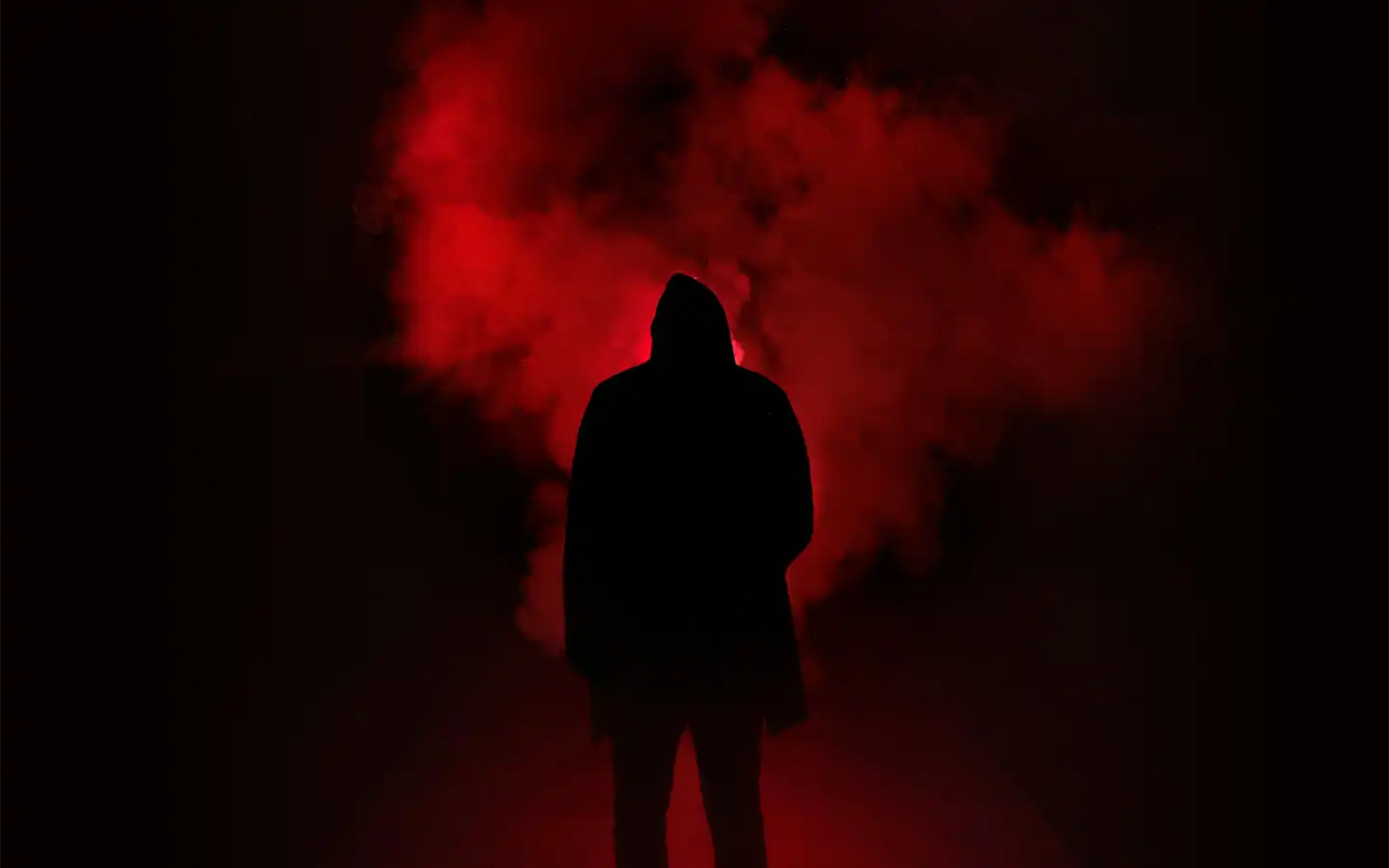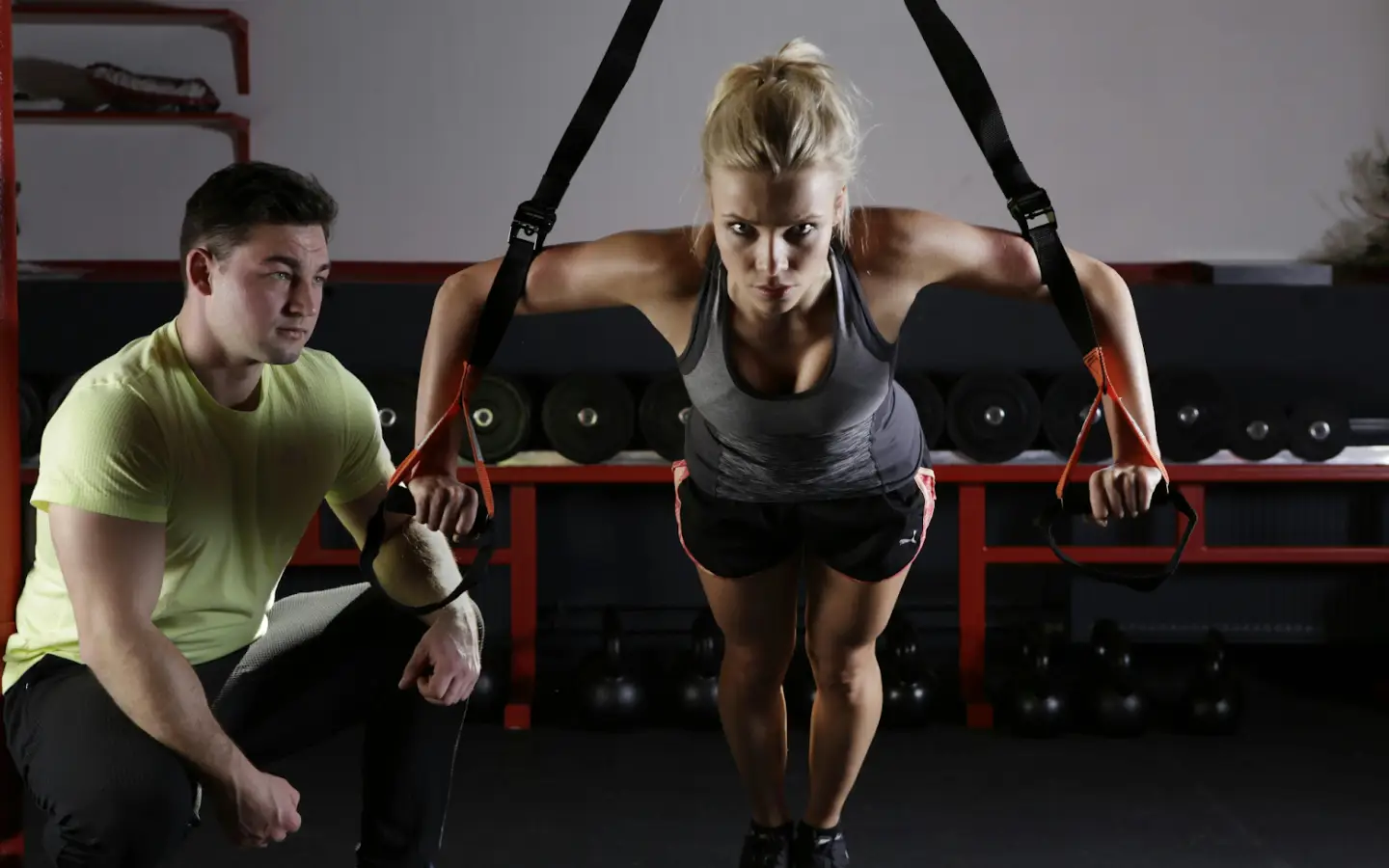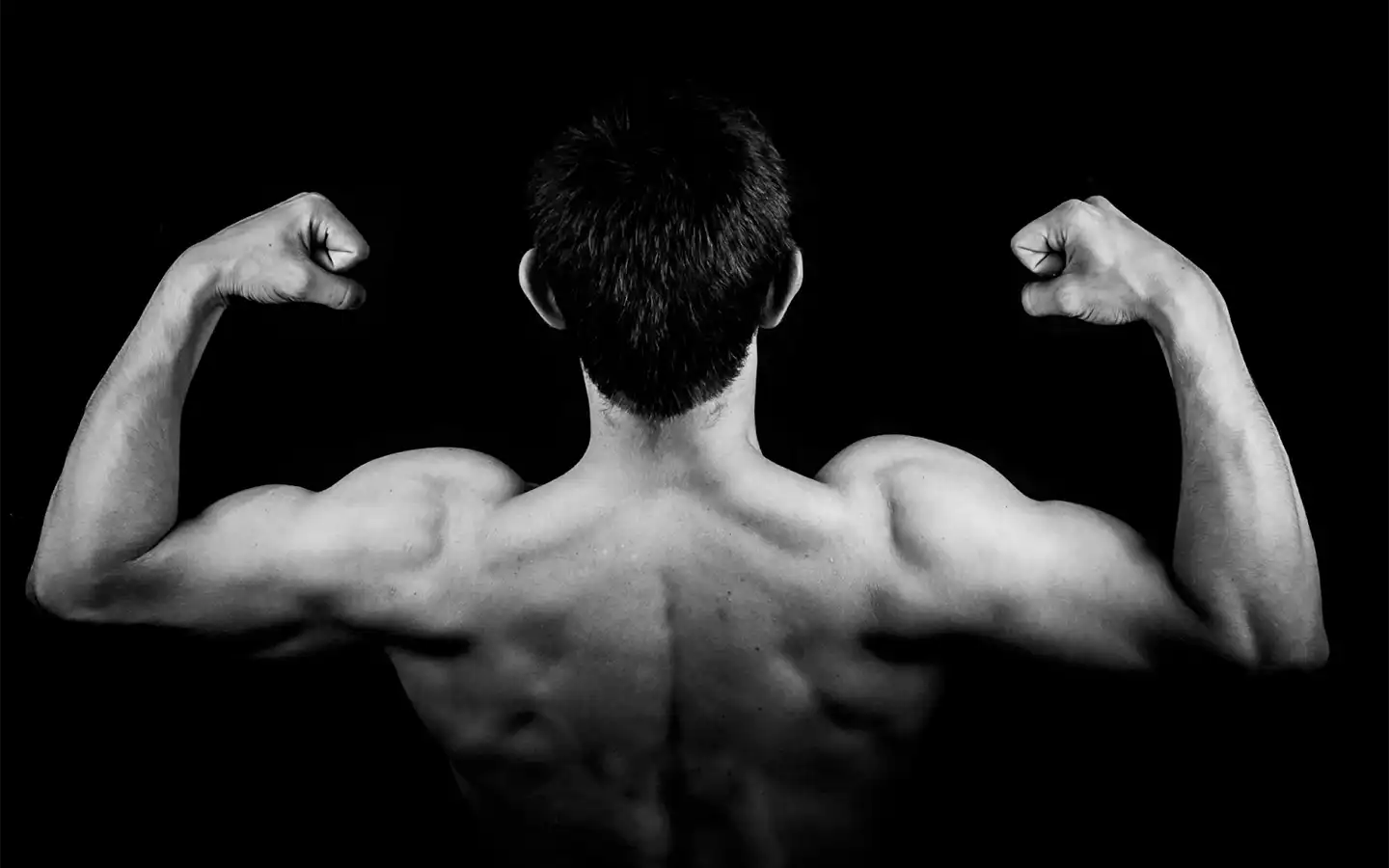May 4, 2025
What Is a Good Sleep Score and How To Improve It Naturally
We can go to bed early and sleep for eight hours, but still wake up feeling flat the next day. Many factors influence sleep quality, and today we have tools that can track it for us.
The idea of “measuring sleep” this way comes from clinical science. Researchers have used brain wave data, breathing patterns, and nervous system activity to understand what happens in each sleep stage. Those methods are still used in sleep labs, but wearables now give us a practical way to estimate sleep quality at home, often through a single number called a sleep score.
So what is a sleep score exactly and how can you improve it to get the sleep your body craves?
What Is a Sleep Score?
A sleep score is a number between 0 and 100 that shows how well your body recovered after sleep. This score tells more than just how long you slept. It shows whether your system had the right conditions it needed to repair, reset, and restore.
Most sleep tracking devices follow the same general scale, so a sleep score between 90 and 100 is considered excellent, and reflects optimal recovery. Between 80 and 89 is considered a good sleep score. Scores in the 70s are more mixed and often mean your sleep was light or fragmented. Below 70 usually signals a disrupted night, even if you do not remember anything unusual.
When people ask what is a good sleep score, the answer is personal.
It’s not about scoring a 100 every night. What you should be doing is looking at your sleep patterns over time. A few low-score nights are normal, especially after travel, sickness or stress. What matters is that your sleep score stays mostly in the higher ranges, since that’s where your body has the best chance to recover fully.

How Popular Trackers Interpret Sleep Score For You
There are many wearable devices that can measure your sleep score. Most people first learn about it through the tracker they already use, then start asking what their number actually means.
Most trackers rely on similar signals from your body, but each one has its own way of measuring and presenting the data.
Oura Sleep Score
The Oura sleep score is based on seven factors. These include total sleep, sleep efficiency, restfulness, REM sleep, deep sleep, sleep latency, and sleep timing. Oura also tracks heart rate, HRV, breathing rate, and temperature. These additional metrics help show whether your body moved into a full recovery state overnight.
Oura adjusts your sleep score based on your personal baseline, so the more you wear it, the more accurate it becomes. A score above 85 suggests strong recovery. A score below 70 often points to shallow sleep or incomplete cycles, even if total sleep time looks fine.
The app encourages watching trends over time, not reacting to single numbers.
[CTA_INSERT]
Fitbit Sleep Score
The Fitbit sleep score is based on sleep duration, time in deep and REM stages, and overnight heart rate and restlessness. Each morning, Fitbit shows your sleep score alongside a breakdown of your sleep stages.
Some models include a Sleep Profile feature that gives you monthly insights and guidance. It is designed to help you improve habits, not just track them.
A sleep score above 80 is considered good. Scores between 60 and 79 suggest partial recovery. Scores below 60 usually reflect disrupted or light sleep.
Both Oura and Fitbit give you a daily summary of how your night went. What they can’t do is respond in the moment to those signals, which is something we will talk about later.
So now that we know what is considered a good sleep score, let’s see what you can do to improve it.
Whoop Recovery Score
Whoop doesn’t give you a traditional sleep score. Instead, it gives you a daily recovery score between 0 and 100. That number reflects how ready your body is for strain, based on how well you recovered overnight.
The recovery score uses heart rate variability, resting heart rate, respiratory rate, and sleep performance. If your recovery is high, your nervous system is balanced. If it’s low, your body may still be in a stress state, even if you got enough hours in bed.
A score above 66% is considered green, meaning you’re well recovered. Between 34% and 65% is yellow, showing partial recovery. Below 33% is red, which suggests your system needs rest.
Sleep is a major part of that equation. Whoop tracks your time in each stage and how well you matched the amount of sleep your body needed.
Garmin Sleep Score
Garmin gives you a sleep score from 0 to 100 based on total sleep time, time in REM and deep sleep, movement, and stress levels. Your score is labeled as poor, fair, good, or excellent.
Here’s how the ranges break down:
90 to 100 is excellent
80 to 89 is good
60 to 79 is fair
Below 60 is poor
Garmin also tracks how consistent your schedule is. If your bedtimes shift too often, your score can drop even when sleep hours look fine.
You also get a Body Battery reading, which shows how well your body recharged overnight. When your sleep score is low, your battery usually is too.
Apple Watch Sleep Tracking
Apple Watch does not give you a sleep score by default. Instead, it tracks your time asleep, your stages (REM, Core, and Deep), and shows your trends inside the Health app.
You can set sleep goals and see how consistent your routine is over time. If you want a score, you can connect Apple Watch data to third-party apps like AutoSleep or Sleep Cycle. These calculate a sleep score using duration, sleep stages, heart rate, and restfulness.
Some apps use a 0 to 100 scale, with higher scores meaning more complete recovery. The interpretation depends on the app you choose, but most follow the same logic: higher score, better sleep.

How to Improve Your Sleep Score
A good to perfect sleep score means your body got what it needed to recover during the night.
To achieve these scores more often, you don’t need more sleep than you are already having. If you are already sleeping 6-8 hours a night, then you could change some things around the sleep you already get.
1. Keep your sleep and wake time consistent
When your schedule changes night to night, your body loses rhythm. That makes it harder to enter deep sleep and stay there. Going to bed and waking up at the same time, even on weekends, supports a smoother recovery cycle.
2. Make your sleep environment work for you
A hot room raises your heart rate and keeps your sleep lighter. Light from windows or screens can disrupt melatonin. Noise pulls you out of deeper stages, even if you do not fully wake up. Keep your bedroom cool, dark, and quiet.
3. Stop eating or drinking late
Heavy meals and alcohol make your system more active at night. You may fall asleep fast, but your recovery will stay shallow. Give your body two to three hours between your last meal and sleep.
4. Reduce screens before bed
Scrolling keeps your brain alert and delays natural sleep signals. Put screens away at least 30 minutes before you plan to sleep.
5. Wind down with less mental noise
If your mind stays active, your nervous system stays active too. You can’t force sleep, but you can make space for it. Try a short wind-down routine: quiet time, stretching, or reading.
6. Consider aromatherapy to support your sleep
Natural scents like lavender and cedarwood have been shown to support sleep, but be careful not use aromatherapy diffusers that run all night as this will only reduce their effect. If you find this too confusing, then learn about Kimba, and how it uses scent-therapy to support sleep according to clinical research.

How Kimba Can Help You Improve Your Sleep Score
Kimba is the first smart diffuser that uses scent in real-time to support your limbic system—the part of the brain that regulates sleep, mood, and recovery.
It connects to wearable devices you possibly already own, like Oura, Fitbit, Apple Watch, Garmin, WHOOP, and any tracker synced through Apple Health. While your wearable tracks your sleep patterns, Kimba monitors those same signals and looks for signs that your recovery may be interrupted.
When your heart rate stays elevated, your breathing becomes less regular, or your body shifts out of deeper sleep stages earlier than expected, Kimba responds. It activates a short pulse of scent using its smart ultrasonic diffuser. The blends are proprietary and clinically tested, developed to work with the parts of the brain that regulate sleep and recovery.
Unlike popular diffusers that release scent continuously, Kimba delivers scent only when your body shows a clear need for it. The system runs silently in the background throughout the night, continuously monitoring your signals and staying ready to respond at the right time. This keeps exposure controlled and ensures scent support is both timely and effective.
You do not need to set timers, create new routines, or manage schedules. Kimba works automatically using the data you already trust, and adapts to your body’s needs while you sleep.
It is not just another wellness device. It is a sleep support system that responds to your signals and helps protect the quality of your recovery, night after night.
If you're already tracking your sleep score, and you want to improve both your numbers and how you actually feel after sleep, Kimba might be just what you are looking for.


Continue reading

What Causes Nightmares in Adults?

How High Training Load Can Disrupt Sleep Quality


